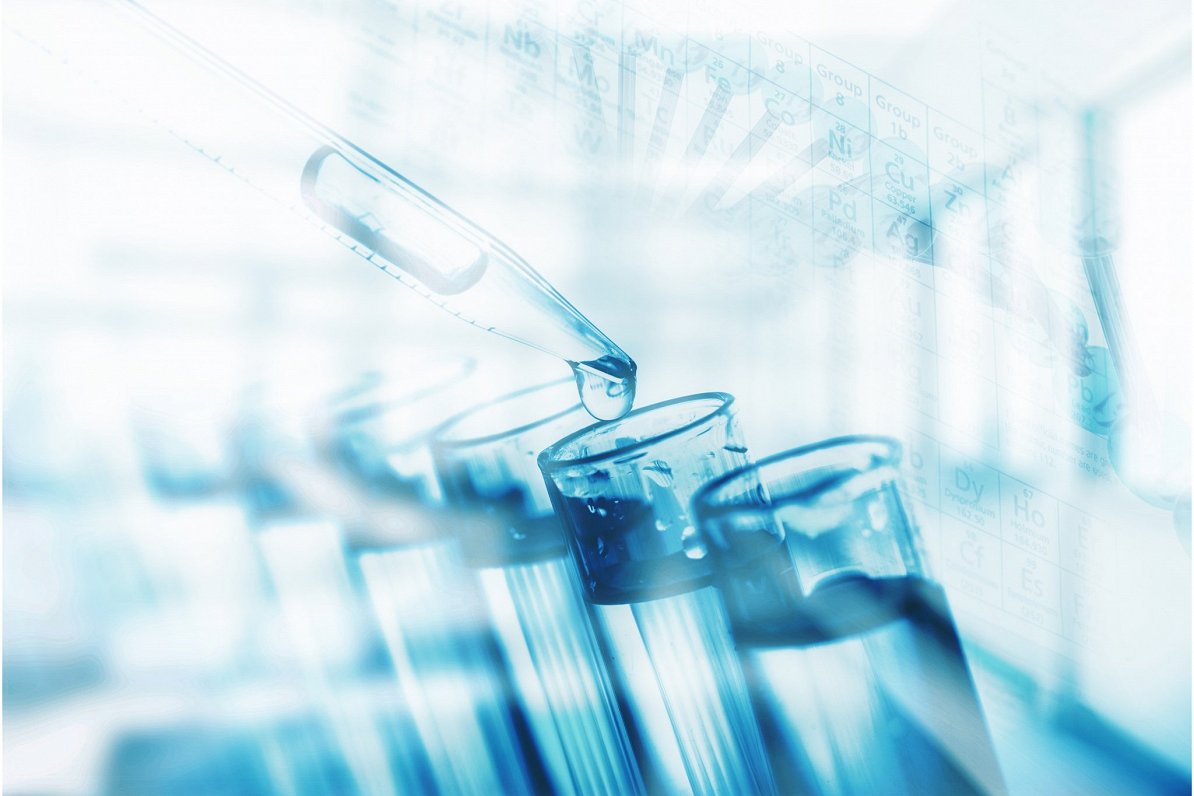According to LZA, 49 applications were evaluated in the competition, of which 17 were in natural sciences, medical sciences, and health sciences, 14 were in material sciences and engineering sciences, 14 were in humanities, art sciences, and social sciences, and four were in agriculture and forestry sciences.
An optical modulator on silicon photonic chip for high-speed data transmission, which makes a significant contribution to the efficiency of data centers, 5G and 6G networks, and the development of artificial intelligence has been highly valued among the achievements. A patent application has been submitted. The modulator has been developed by the Telecommunication Institute of Riga Technical University (RTU). Oskars Ozoliņš, an academic at LZA, has participated in its development.
Jevgēņijs Kotomins, Jurijs Mastrikovs, Leonīds Rusevičs, Maksims Sokolovs and Guntars Zvejnieks have developed a process that allows solar energy to be used for efficient photocatalytic hydrogen production from water.
Researchers from the Institute of Chemical Physics of the University of Latvia (LU) have obtained promising results in the field of nanocoatings, developing economic and simple-to-implement methods for obtaining nanostructured topological isolators for both energy applications and quantum nanoelectronics devices.
A team of researchers from the Latvian Institute of Organic Synthesis (OSI) under the guidance of Jānis Veļiks has developed a new reagent for the cheap and efficient production of fluorinated medicinal products.
A group of OSI scientists led by Raivis Zalubovskis, in cooperation with researchers from the Latvian Biomedical Research and Study Centre (BMC), has developed a new approach to the search for herbs that could selectively act on enzymes specific to cancer cells, without affecting other similar enzymes in healthy cells.
Among the laureates are also the joint work of the Water Research and Environmental Biotechnology Laboratory of Riga Technical University (RTU), the BMC, and the Scientific Institute of Food, Safety, Animal Health, and Environment “BIOR, which has resulted in the development of a wastewater monitoring system currently used for monitoring the spread of infectious diseases and variants of “SARS-CoV-2” in the city of Latvia.
Agricultural economists, on the other hand, have gained recognition with a study that bases the criteria for farming not only on economic benefits, but also includes environmental impacts, including the crop change cycles required for green farming. The study was led by Inga Jansone and carried out by Līvija Zariņa, Inga Morozova, Alberts Auziņš, Agnese Krieviņa, Pēteris Latkovskis, Aivars Āboltiņš, Ieva Leimane, Solveiga Maļecka, Dace Piliksere.
In the field of humanities and social sciences, a unique study in the field of legal problems related to the use of artificial intelligence and the observation of members of the public has gained attention. The monograph by Irēna Barkāne, a researcher at the LU Institute of Legal Science, makes recommendations for the further development of artificial intelligence regulation and policies at international and national levels to address the threat posed by artificial intelligence and boost its credibility.
Mārtiņš Kaprāns, lead researcher at the Institute of philosophy and sociology at LU, has conducted an analytical study on Latvian labor migrants in Britain in the early 21st century.
In turn, the employees of the SIA “Architectonic Study Group”, researcher of the Art History Institute of the Latvian Academy of Art Vija Strupule's study on decorative painting in Riga interiors has made a “high-value contribution” to the history of the Baltic Sea region's land painting and cultural heritage studies.
To promote the scientific achievements of Latvia, LZA began compiling and evaluating the achievements in all branches of science in 2002.






























